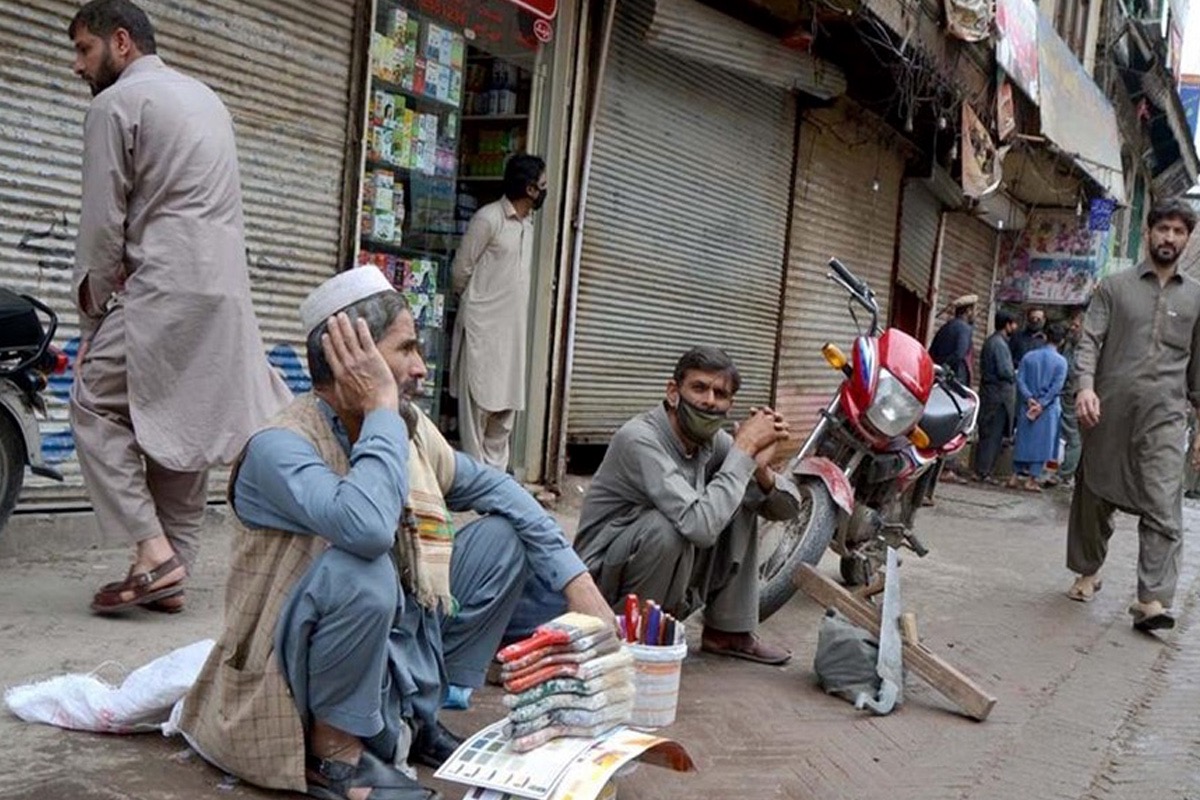Business leaders in Pakistan are up in arms as industries come to a grinding halt, rendering thousands jobless and threatening the jobs of millions of others, as the ban on imports continues amid Pakistan’s dwindling currency reserves.
Pakistan finance minister Ishaq Dar has told the business leaders “let the money come in from the IMF” before the letter of credit resumes for imports. It has drawn a sharp response from the business community which reiterated that import bans like the current one can never be a sustainable solution.
The secretary general of the All Pakistan Textile Association, Shahid Sattar said that the textile industry accounts for 60 per cent of Pakistan’s exports, and employs around 35 million people.
“The textile industry has more or less come to a grinding halt in Pakistan. We don’t have raw materials to operate our mills,” he said.
Claiming that the textile industry is the mainstream of the country’s exports, he fired a question, “If you don’t have exports, how will you shore up your foreign reserves? Then consequently how will the economy recover?”
He claimed that 30 per cent of textile mills in Pakistan have shut down operations, rendering thousands jobless. Sattar also claimed that the rest are working at less than 40 per cent capacity.
Voicing the same concern, the steel industry has warned of severe supply chain issues as well. The cost of steel bars has skyrocketed owing to the shortage of scrap metal which is a key import to manufacture steel.
With an import bill of $150 million a month, the steel industry, directly and indirectly, supports millions of jobs in Pakistan. The head of the Large Scale Steel Producers Association said that small factories have already shut down while the large ones are just days from shutting down as stocks are rapidly exhausting.
“We directly feed materials to the construction industry which is linked to around 45 downstream industries, and the whole cycle is jammed,” he said.
The situation has triggered fears that the construction industry will close very soon, plunging thousands of labourers into unemployment, said the Constructors Association of Pakistan. It wants the government to exempt steel and machinery from the import ban.
Voicing similar concerns, several economists have stated that an average worker is paid for 25 days per month but now the same worker is getting paid for just 10 to 15 days of work. On top of that, many companies have completely suspended their operations, leaving their employees without any fixed income.
This situation has fuelled poverty and escalated unemployment as a large portion of workers, especially in the construction industry and factory workers in Pakistan are paid daily.
The Industry Association of Peshawar, which represents 2500 factories, has said that 600 small-scale industries producing everything from glass to rubber and chemicals have closed down and the rest are just weeks away from completely pulling the curtain.
The entire business community is in serious trouble as the import ban has hit them hard.
The State Bank of Pakistan’s (SPB) foreign reserves have dipped to under $3 billion which can barely cover three weeks of imports. With critically low US dollar reserves, all imports except essential food items are banned even as Pakistan desperately pursues International Monetary Fund (IMF) to release the first tranche of $1.3 billion under the $6.5 billion bailout it is seeking to save the country from complete bankruptcy.

